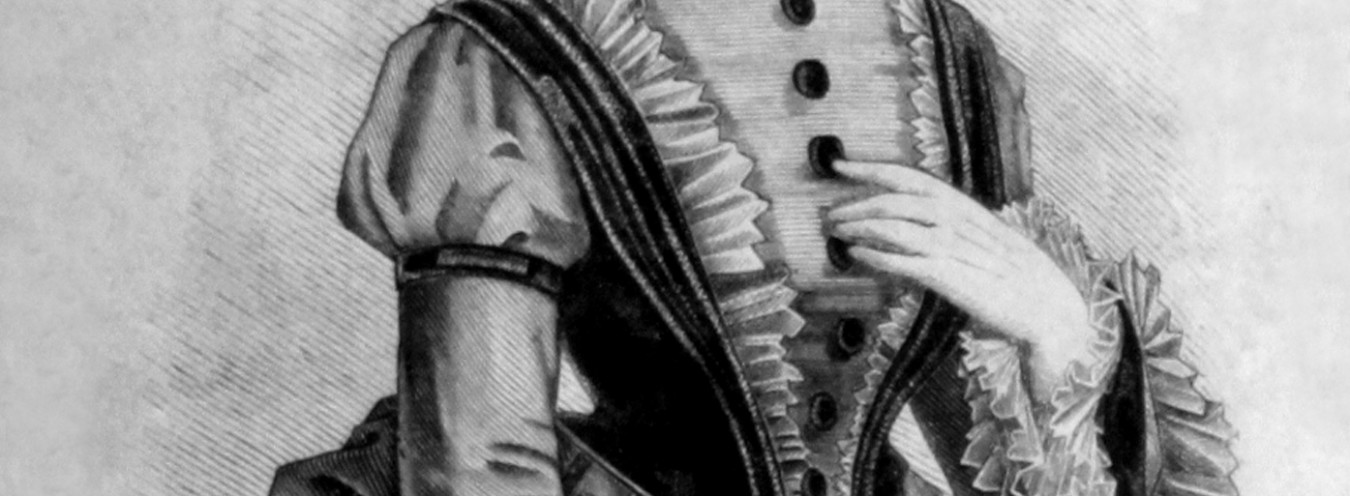
Stawska, Helena
What a woman! What features! What expressive looks! I never saw anything like it in my life …And her little hands, her figure, her height, her movements and those eyes! (343)
A tall brunette in her thirties with classical features, grey eyes, sensuous lips, she is endowed with a tender heart and the honesty of Penelope. In the novel, Ms Stawska is frequently referred to as an angel. Calm, patient, modest, good and loyal, she embodies all the virtues that distinguish a good mother or wife. Nevertheless, this is not the role that Prus casts her in: neither maid nor wife. […] Neither widow nor divorcée, in a word – and no one knows why or how.
In the novel, she represents women who have to face everyday struggles alone. Her family lost their estate as a result of repressions after the January Rising, and when they moved to the city they joined the rest of the impoverished gentry. Charged with murder, her husband escaped abroad to evade the sentence and was never heard of again. She supports her several-year-old daughter and elderly mother with private lessons. And that is called a lesson, for goodness sake… Helena has been working with her for an hour and a half, and gets forty groszy a lesson. The house agent tells Rzecki, She’s the most honest woman in the world, […] young, pretty, keeps the whole household… Her mother’s pension is barely enough for the rent.
Ms Stawska works, earns a living, and supports the household, yet she does not seem to have any features of liberated women (later portrayed by Prus in the novel Emancypantki [Emancipated Women]). She works due to the force of circumstances, not because of social or political opinions. She is one of the few positive characters in the novel, but she lacks energy and strong will. She compromises: despite her love for Wokulski, she enters into a marriage of convenience with clerk Mraczewski.
→ Women and Love; → Marriage;



